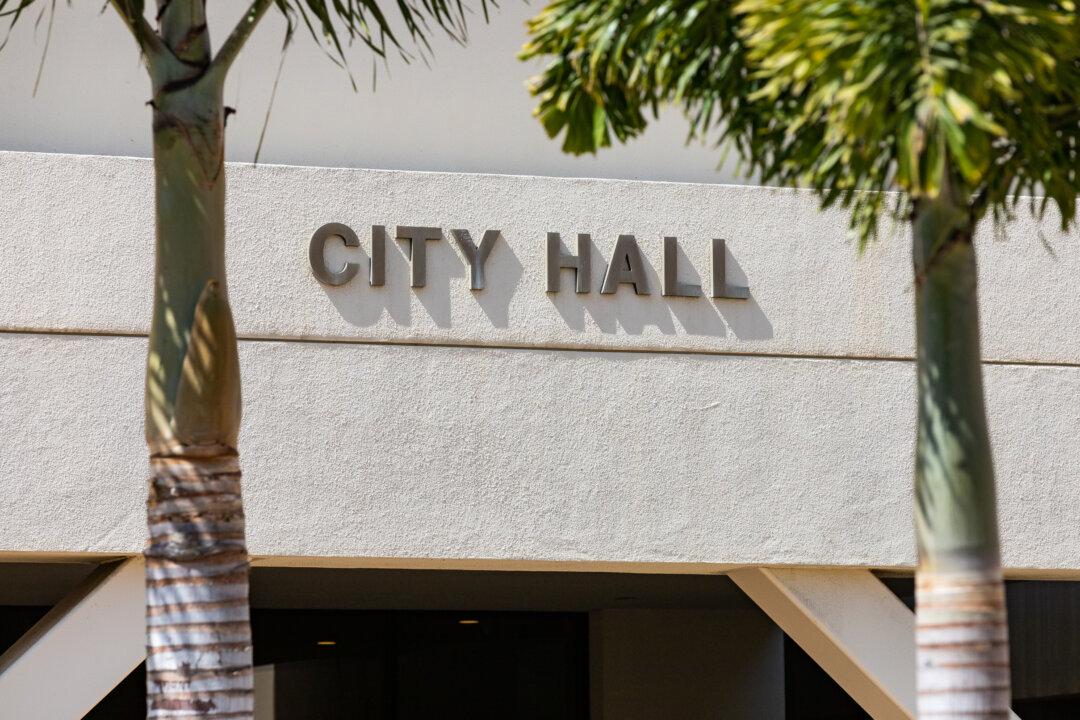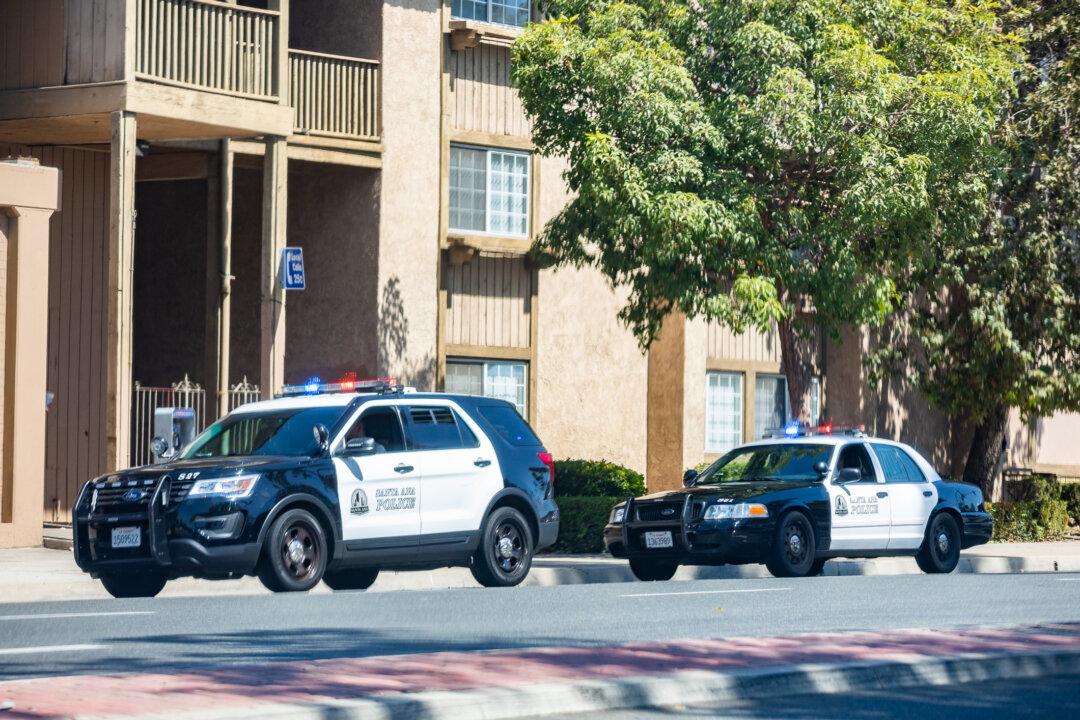HUNTINGTON BEACH, Calif.—To deter rampant thefts of vehicle parts, Huntington Beach made it illegal to possess an undocumented catalytic converter that is disconnected from a vehicle.
“I think it’s great that we’re able to kind of fill in this gap so that we can empower our officers to be able to stop this crime or at least [reduce it]. It is so rampant,” Councilwoman Natalie Moser said during the April 5 council meeting, where the new city ordinance was passed unanimously. “I’m looking forward to giving them that ability to kind of stymie these types of crimes.”





